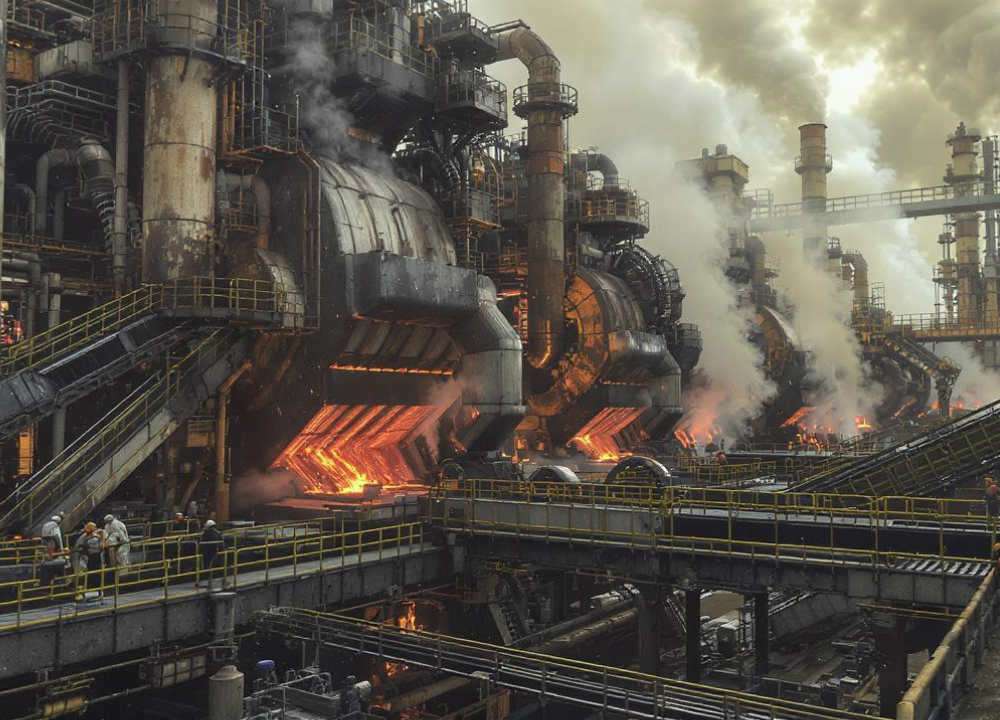NTPC Green Energy Ltd, a subsidiary of India’s largest power producer, is in discussions with global shipping giant A.P. Møller – Maersk A/S to supply green methanol as a fuel for its vessels, according to sources familiar with the matter. This development aligns with stricter international marine fuel standards, such as the European Union’s Fuel Maritime Regulation, which mandates a 2% reduction in greenhouse gas intensity by 2025 and an 80% reduction by 2050. Green methanol is produced by combining green hydrogen with captured carbon dioxide, making it a sustainable alternative to conventional marine fuels.
“Preliminary talks have been ongoing with several potential buyers, including Maersk, which is among the key prospects,” said one of the sources. A spokesperson highlighted India’s strategic advantages, including its location near major shipping routes, ample biomass resources, and robust renewable energy capacity, making the country a promising hub for low-emission fuel production.
Maersk, which is expanding its fleet of dual-fuel vessels capable of running on methanol, is exploring options with NTPC and other producers. “While discussions are at an early stage, we are evaluating all opportunities,” the spokesperson added.
NTPC Green Energy has ambitious plans to produce various green molecules such as green methanol, green ammonia, and green hydrogen at its upcoming hub in Andhra Pradesh, which aims to export 2 million metric tonnes of green methanol annually, according to its FY24 annual report.
As part of its carbon reduction strategy, NTPC is working on pilot projects to capture carbon dioxide from thermal plants and convert it into valuable products like methanol and ethanol. The company is setting up a 10-tonne-per-day demonstration plant at its Vindhyachal thermal power station to convert CO2 into methanol using indigenously developed technology.
A recent report by The Energy Resources Institute (TERI) emphasized the potential of green hydrogen and its derivatives, including green methanol and ammonia, as sustainable fuels for shipping. Long-haul vessels, in particular, require high-energy-density fuels like green methanol or ammonia, while shorter routes can utilize electric propulsion or biogas. The Methanol Institute, a global industry body, notes that green methanol can reduce CO2 emissions by up to 95%, cut nitrogen oxide emissions by 80%, and eliminate sulfur oxide and particulate matter emissions, making it an environmentally superior alternative to traditional fuels.






